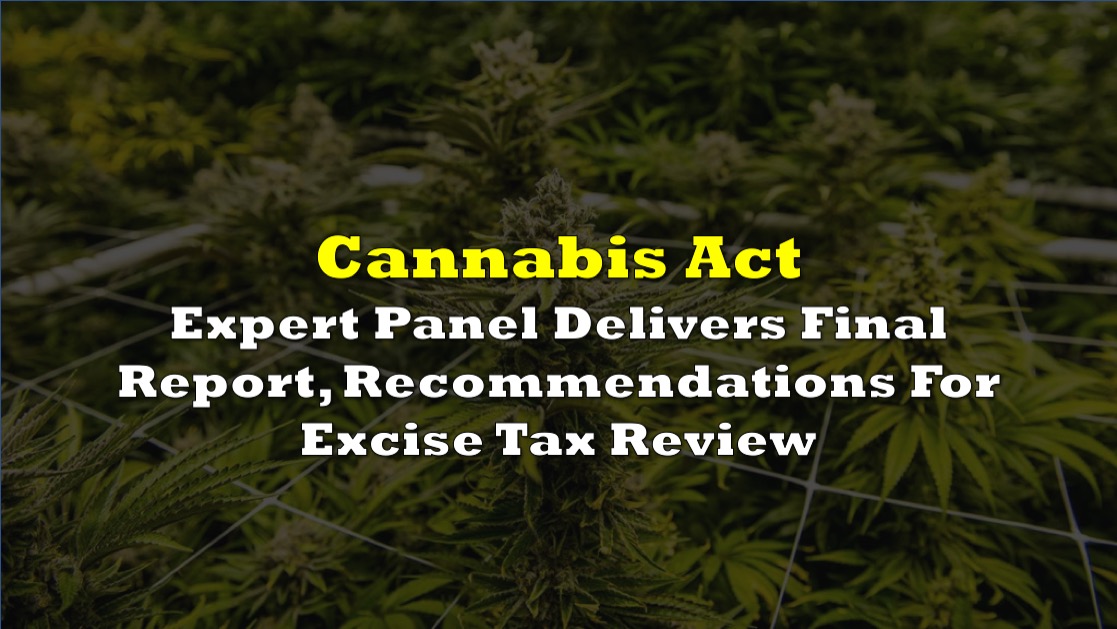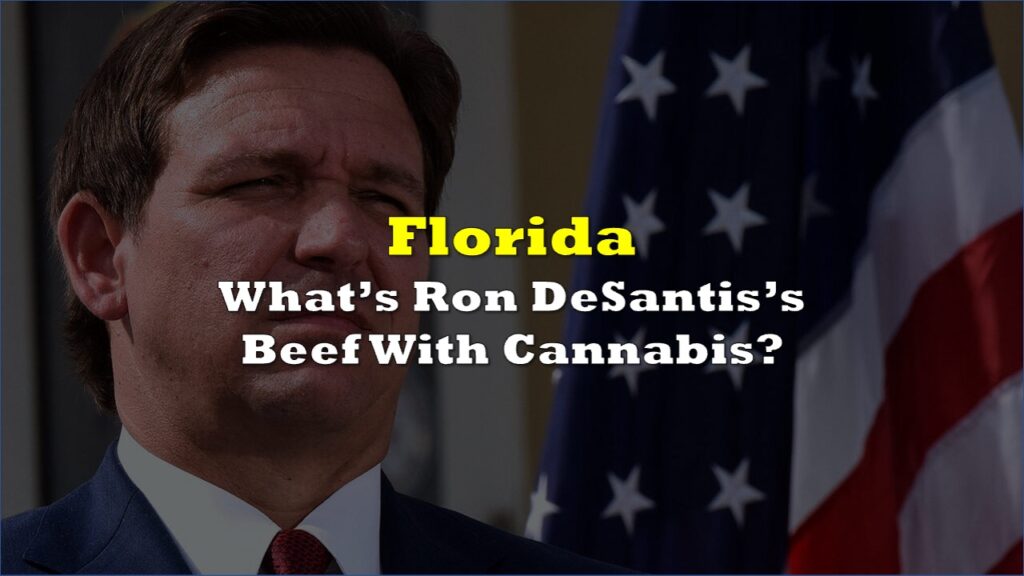The independent expert panel overseeing the review of the Cannabis Act has released its final report to both chambers of Parliament, highlighting recommendations for refining the law and its accompanying regulations and policies.
Morris Rosenberg, Chair of the Expert Panel, expressed confidence in the transformative shift away from the century-long era of prohibition, affirming the legalization of cannabis as a pivotal decision. “The 2018 framework laid a robust foundation,” he emphasized, “but we must not rest on our laurels. The journey of cannabis legalization is ongoing, requiring continuous dedication and action.”
Over the span of 18 months, the panel engaged with over 600 individuals from a diverse array of 250 organizations, hosting close to 140 engagement sessions. This consultation provided insights into the realities and experiences unfolding across various communities since the enactment of the Act.
Presenting a comprehensive roadmap for refinement, the panel puts forth 54 recommendations and 11 observations aimed at enhancing the cannabis framework. Key recommendations include:
- setting and monitoring targets to mitigate youth consumption and associated harms,
- developing a “standard dose” or “unit dose”,
- maintaining the current limit of 10 milligrams of THC per package in edible cannabis products,
- accelerating the work on regulatory streamlining to reduce the administrative burden on federal licence holders
- revising health warnings on product labels,
- and fostering collaboration with Indigenous communities to tailor regulatory measures to their needs.
Lots of recommendations. A few key ones:
— 💥 𝓓𝚊𝚟𝚒𝚍 𝓑𝚛𝚘𝚠𝚗 ⌨️ (@drowbb) March 21, 2024
🍪Rec. keeping 10mg limit for edibles
🌱Says home cultivation should remain
💰Calls for higher taxes on high potency products and lower regulator fees
🥼Pharmacy access for medical
🤝Working more closely with First Nations https://t.co/87veNlXdQq
Excise taxes
The panel cited the Standing Senate Committee on Indigenous Peoples on the question of authority over taxation, highlighting that while some First Nations governments have secured agreements allowing them to manage cannabis sales, they still find themselves obligated to collect sales tax for other governmental levels. The report echoed the suggestion by the committee “that Finance Canada should work with First Nations to identify options for the development of an excise tax-sharing framework as part of its discussions on fuel, alcohol, cannabis and tobacco taxes.”
One of the recommendations in the report also urges Finance Canada to contemplate reassessing the excise tax model, acknowledging its initial design during a period when the average price of dried cannabis notably exceeded current market rates.
Industry players have also voiced concerns regarding the excise tax regime. Notably, they seek relief from the minimum duty of 10% or $1 per gram on dried or fresh cannabis.
“At current cannabis prices, the excise tax is a substantial burden. Industry representatives also questioned whether the excise tax is serving its intended purpose of moderating consumption, given that licence holders are largely bearing the cost rather than passing it on to the consumer,” the report said.
Addressing the potency issue, the report highlights a trend in market data: an increase in consumers purchasing cannabis products with higher THC concentrations.
To mitigate this trend, the report recommends a progressive excise tax regime based on THC concentration. Such a regime aims to disincentivize the sale of higher-dose products while encouraging the production of lower-dose alternatives.
The accessibility and affordability of cannabis for medical purposes have also become a focal point of the report as patients voice concerns over rising costs and limited coverage. According to recent findings, the cost of medical cannabis products often surpasses those available in the non-medical market. This disparity may drive patients towards retail or illicit sources, bypassing medical oversight and potentially risking their health. Patients are advocating for cannabis to be treated akin to prescription drugs, which are typically covered by insurance or benefit programs and exempt from certain taxes.
The panel also urges Finance Canada to scrutinize the application of excise taxes on medical cannabis products, especially amidst recommendations for pharmacy access, aiming to review its impact on affordability.
The enactment of the Cannabis Act on October 17, 2018, established a stringent regulatory framework governing the sale, possession, production, and distribution of cannabis. In 2022, the Expert Panel, chaired by Morris Rosenberg, was convened, comprising the following members: Dr. Oyedeji Ayonrinde, Dr. Patricia J. Conrod, Lynda L. Levesque, and Dr. Peter Selby.
Health Canada is presently undertaking a review and analysis of the findings put forth by the expert panel. Subsequently, recommendations on the next course of action will be submitted to the Minister of Health Mark Holland.
Information for this briefing was found via the sources mentioned. The author has no securities or affiliations related to this organization. Not a recommendation to buy or sell. Always do additional research and consult a professional before purchasing a security. The author holds no licenses.











